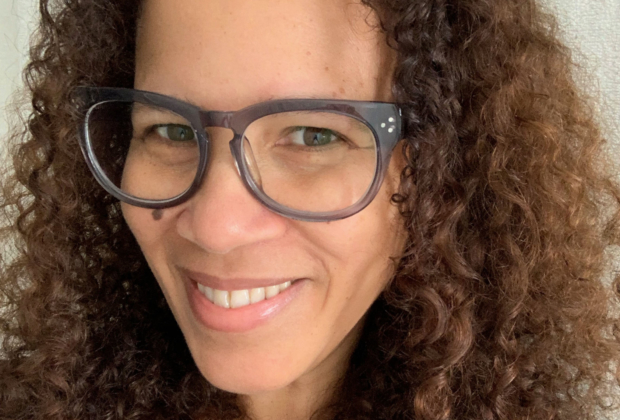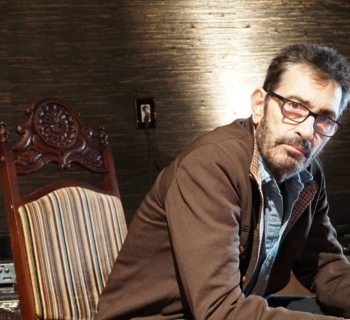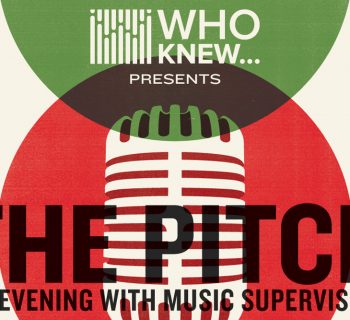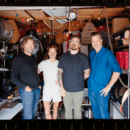Figuring out what a film “needs” musically can be a challenge. But clues are hidden in the project’s setting, script, tone, characters––and it’s a music supervisor’s job to find them. As vice president of the Guild of Music Supervisors, Madonna Wade-Reed and her team advocate for music supervisors, offer resources for them to develop their skill sets, and work to spread the word that the profession––perhaps a lesser-known career within the entertainment industry––exists.
“I want more people to know that the music supervisor should be brought into a project ASAP,” Wade-Reed says. “They can help with budget and figure out so many aspects of the project pre- and during production.”
Wade Reed has been an assistant to an actor, producer and director in the past. She says she took those gigs purposely to better understand creative people, and know the creative process from all sides–– and recommends other aspiring music supervisors do the same.
“There are so many different pathways to becoming one,” she says. “I always refer to it as ‘Google Maps’––there are a million ways to get from A to B. But always keep a couple things in mind when coming into the business. First, leave your ego at the door. Who you are as a person will define who you are to the members of the industry and whether anyone wants to work with you. And don’t skip any steps. Even if something seems like grunt work, go in and do it, at least once. So you can understand every step.”
Wade-Reed says a common misconception about music supervision is that it’s all about having good taste in music; rather, she says it’s about being able to learn about new music and how it can apply to or enhance narratives. “You have to explore different genres and areas of music and become almost a little amateur expert,” she says. “I like to push myself into uncharted waters if I can, because it keeps the job exciting. You don’t want a career of Groundhog Day moments. You’ll be terrified sometimes, but you should do it.”














